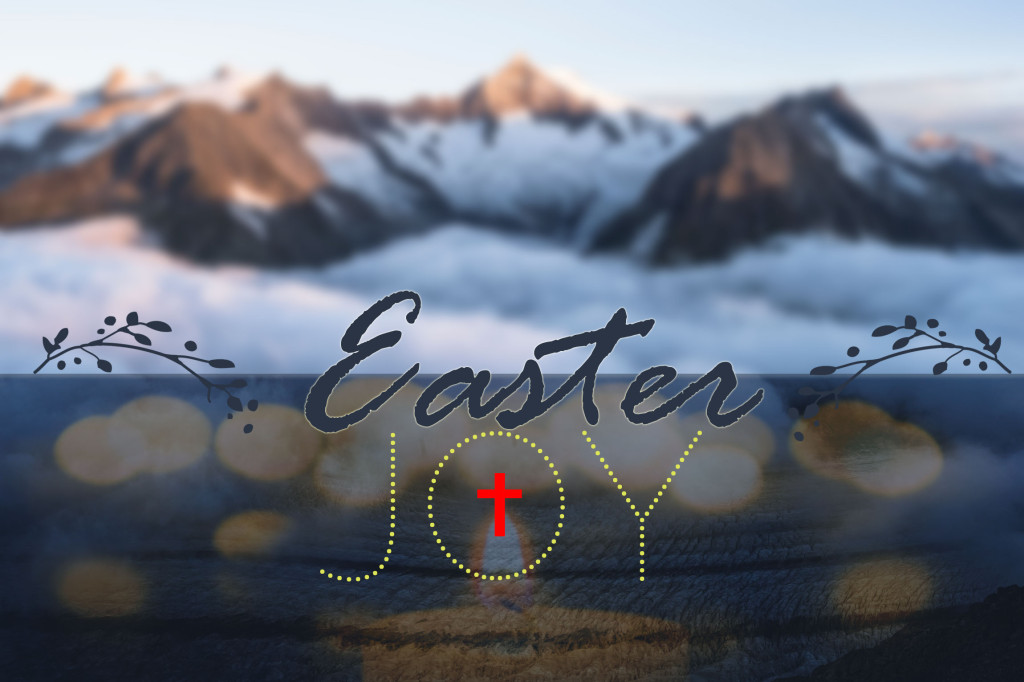It’s almost Easter, and here I am thinking about an almost-Christmas ride to the North Pole. I wrote one of these columns about that ride fourteen years ago. I just reread what I wrote, and, if you don’t mind, I’ll write some of it again.
I started by saying that the North Pole was surprisingly warm on that ride, but it was less surprising when you realize that my wife and I and our sweet little two-and-a-half-year-old giggling granddaughter were riding from Lubbock, Texas, to Brownfield, Texas, on the “Polar Express” train then in service and available. We were enjoying hot chocolate and elves and Santa himself, but, most of all, we were enjoying two big brown eyes wide with delight (even if they did get very sleepy before the journey was over). We made some delightful memories.
And I’m thinking again about this Yuletide tale just before Easter because I’m remembering getting home and then remembering some fine words from C.S. Lewis.
Lewis said he’d been told about a young boy who was heard “murmuring to himself” on Easter morning a poem he’d made up on his own about “chocolate eggs and Jesus risen.” Lewis commented, “This seems to me, for his age, both admirable poetry and admirable piety.”
He went on to observe that the time would surely come when the boy would learn the difference between the “ritual” aspect of Easter and its “festal” aspect, and then “chocolate eggs will no longer seem sacramental.”
Then, Lewis wrote, will come a decision as the poem-maker has to “put one or the other first.” And here’s the important point: “If he puts the spiritual first he can still taste something of Easter in the chocolate eggs; if he puts the eggs first they will be no more than any other sweetmeat. They will have taken on an independent, and therefore a soon withering, life.”
I went on to write that if we discard or ignore the deepest truths of faith, it’s pretty hard to find much deep or lasting joy in Easter eggs and “Jingle Bells.” But for those whose faith is in the Christ of Christmas and Easter, who believe that God did indeed enter our world incarnate at Bethlehem and that death itself was no match for our risen Lord, then we live all year long in the wonderful glow of those deep truths. And those holidays become joyful holy days.
Ah, and we get a very nice added bonus. Focusing on the central truths of those holy seasons, we can add in as many fine Easter and Christmas traditions as we wish. We can hunt the eggs (chocolate eggs are still my favorite), dye real eggs any colors we wish, light the lights, dance around the tree, and squeeze all of the joy out of every moment.
You see, those who know the Source of real joy—not conned by this world’s many counterfeits—need have no fear of experiencing too much of the genuine thing. Joy is a gift our God delights in giving, and his supply is unending.
Easter joy. Christmas joy. All of the genuine joy-glow. (I include grandchild giggle joy, of course.) Joy’s sweet little glimmers. Heaven’s utterly magnificent tsunami of joy. All in God’s time. Let’s thank our Father for all of it.
Text Copyright 2024 by Curtis K. Shelburne. Permission to copy without altering text or for monetary gain is hereby granted subject to inclusion of this copyright notice.



